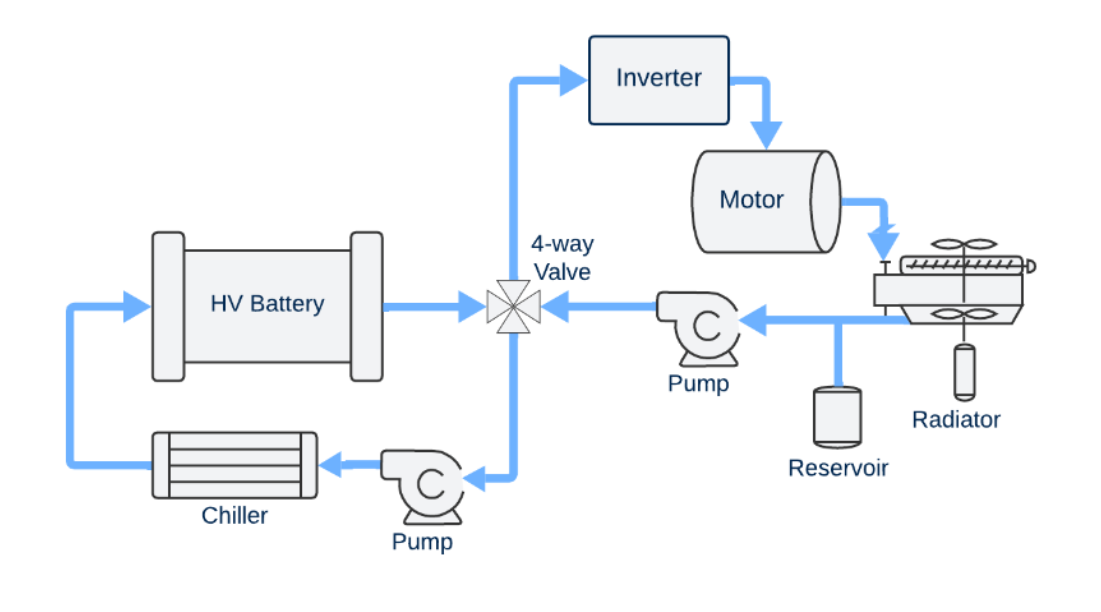A research paper published in Aging (Aging-US), Volume 17, Issue 7 on July 17, 2025, titled “The influence of cancer on a forensic age estimation tool,” explores how cancer may affect DNA methylation-based age prediction methods. The study was conducted by Charlotte Sutter, Daniel Helbling, Cordula Haas, and Jacqueline Neubauer from the Zurich Institute of Forensic Medicine, University of Zurich, and Onkozentrum Zurich.
DNA methylation — a natural chemical modification of DNA that changes with age — allows forensic scientists to estimate a person’s age from biological samples such as blood. Because medical conditions like cancer can alter methylation patterns, the researchers examined whether different cancer types reduce the accuracy of these predictions.
Using the widely applied VISAGE enhanced age estimation tool, they analyzed blood samples from 100 cancer patients and 102 healthy controls. Age predictions in the control group were highly accurate, with minimal average errors. Patients with solid tumors, such as breast and lung cancers, showed only minor reductions in accuracy. However, individuals with blood cancers — particularly chronic lymphocytic leukemia (CLL) and acute myeloid leukemia (AML) — occasionally displayed large errors, with estimated ages overpredicted by up to 50 years.
Despite these rare extreme cases, the study found no consistent impact of cancer on DNA methylation markers used in forensic age estimation. Most cancer patients, including those receiving treatment, had methylation profiles similar to healthy individuals. The researchers observed no systematic differences based on cancer type, stage, or therapy except in isolated cases of aggressive disease.
Lead author Charlotte Sutter emphasized that the study is among the first to assess cancer’s potential influence on forensic age prediction. The findings confirm that existing methods remain reliable overall, though unusually large errors should be flagged when aggressive cancers are present rather than prompting changes to standard practice.








